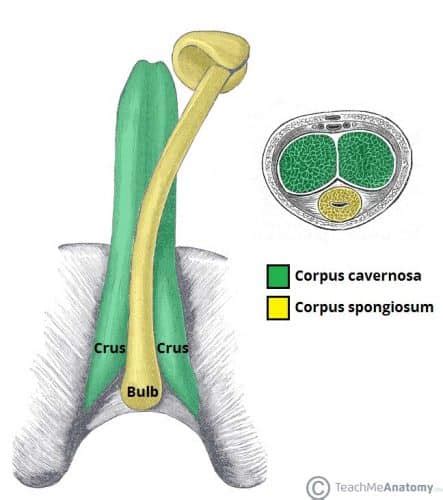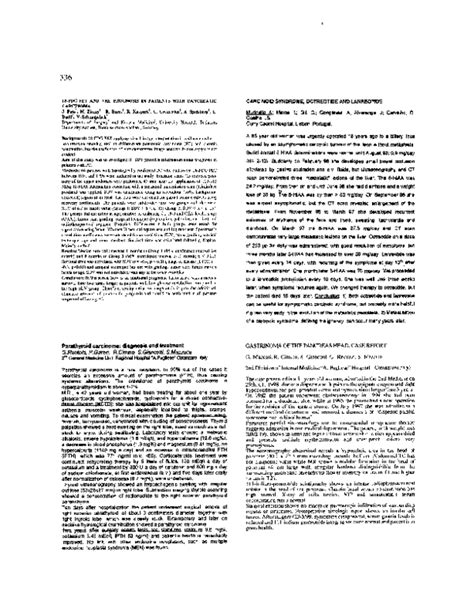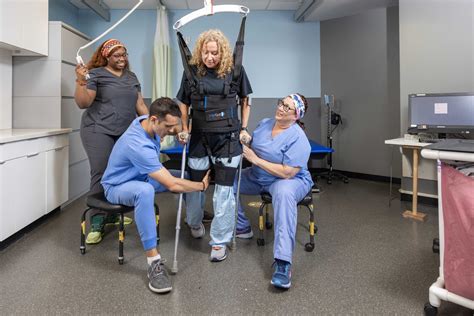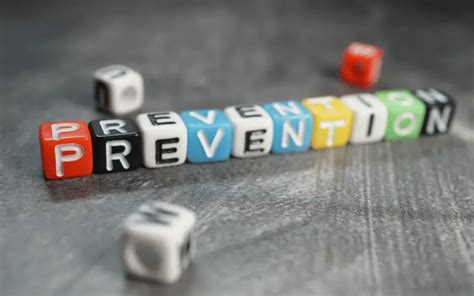Intro
Learn about penile fractures and injuries, including symptoms, causes, and treatment options for a broken penis, also known as penile trauma or erectile injury.
The human penis is a complex and sensitive organ, and while it is designed to withstand various physical activities, it is not invincible. The question of whether it is possible to "break" one's penis is a valid concern, especially given the potential consequences of such an injury. In this article, we will delve into the anatomy of the penis, the concept of penile fracture, and the prevention and treatment of penile injuries.
Penile anatomy is crucial in understanding how injuries can occur. The penis is composed of three main columns: two corpora cavernosa and one corpus spongiosum. The corpora cavernosa are responsible for erections, while the corpus spongiosum contains the urethra and is involved in urination and ejaculation. Surrounding these columns is a fibrous sheath called the tunica albuginea, which provides structural support and protection.
Understanding Penile Fracture

A penile fracture, also known as penile rupture, is a rare but serious injury that occurs when the tunica albuginea is torn. This typically happens during vigorous sexual activity, such as intercourse or masturbation, when the penis is forcibly bent or twisted. The symptoms of a penile fracture can include a sudden, severe pain, swelling, bruising, and deformity of the penis. In some cases, there may also be a popping or cracking sound at the moment of injury.
Risk Factors and Prevention
Preventing penile injuries is crucial, as they can have long-term consequences on sexual function and urinary health. Several risk factors increase the likelihood of penile fracture, including inadequate lubrication during sex, vigorous or rough sexual activity, and certain medical conditions that affect the elasticity of the penile tissues. Practicing safe sex, avoiding excessive force during sexual activities, and maintaining good overall health can significantly reduce the risk of penile injuries.Diagnosis and Treatment

Diagnosing a penile fracture typically involves a combination of physical examination and imaging studies, such as ultrasound or MRI. The treatment of penile fracture usually requires surgical intervention to repair the torn tunica albuginea. Prompt medical attention is essential, as delayed treatment can lead to complications such as erectile dysfunction, curvature of the penis, and chronic pain.
Complications and Long-Term Effects
The complications of penile fracture can be significant and long-lasting. Erectile dysfunction, for example, can result from damage to the blood vessels or nerves within the penis. Peyronie's disease, characterized by the formation of scar tissue that causes curvature of the penis, is another potential complication. In some cases, penile fracture can also lead to chronic pain or discomfort during sex.Recovery and Rehabilitation

Recovery from a penile fracture requires patience and careful management. After surgery, patients are typically advised to avoid sexual activity for several weeks to allow the penis to heal properly. Pain management and follow-up care with a healthcare provider are crucial during this period. In some cases, additional treatments such as penile rehabilitation exercises or counseling may be recommended to address any psychological or emotional impacts of the injury.
Psychological Impact
The psychological impact of a penile injury should not be underestimated. The trauma and stress associated with such an event can affect a person's self-esteem, relationships, and overall mental health. Seeking support from a mental health professional or a support group can be beneficial in coping with these challenges.Prevention Strategies

Preventing penile injuries involves a combination of safe sexual practices, awareness of one's body, and open communication with sexual partners. Using adequate lubrication, avoiding forceful or rough sexual activities, and being mindful of one's physical limitations can significantly reduce the risk of injury.
Awareness and Education
Raising awareness about penile health and the risks associated with certain sexual practices is essential. Education on safe sex, penile anatomy, and the signs of penile injuries can empower individuals to take control of their sexual health and seek medical attention when needed.Conclusion and Final Thoughts

In conclusion, while the concept of "breaking" one's penis might seem unusual, penile fractures are a real and potentially serious condition. Understanding the anatomy of the penis, recognizing the risk factors for penile injuries, and practicing safe sexual habits are key to preventing such injuries. If an injury does occur, seeking prompt medical attention is crucial to minimize long-term complications.
Final Considerations
Penile health is an integral part of overall well-being, and taking care of one's sexual health is essential. By being informed, practicing safe sex, and seeking medical care when needed, individuals can protect their penile health and maintain a healthy and fulfilling sex life.What is a penile fracture?
+A penile fracture, or penile rupture, is a rare but serious injury that occurs when the tunica albuginea, the fibrous sheath surrounding the corpora cavernosa, is torn.
How common are penile fractures?
+Penile fractures are relatively rare, but they can have significant consequences on sexual function and urinary health, making prompt medical attention crucial.
Can penile fractures be prevented?
+Yes, practicing safe sex, avoiding excessive force during sexual activities, and maintaining good overall health can significantly reduce the risk of penile injuries.
We hope this article has provided you with valuable insights into the importance of penile health and the prevention of penile injuries. If you have any questions or concerns, please do not hesitate to reach out. Share this article with someone you care about, and let's work together to promote awareness about sexual health and well-being. Your feedback and comments are appreciated, and we look forward to hearing from you.
